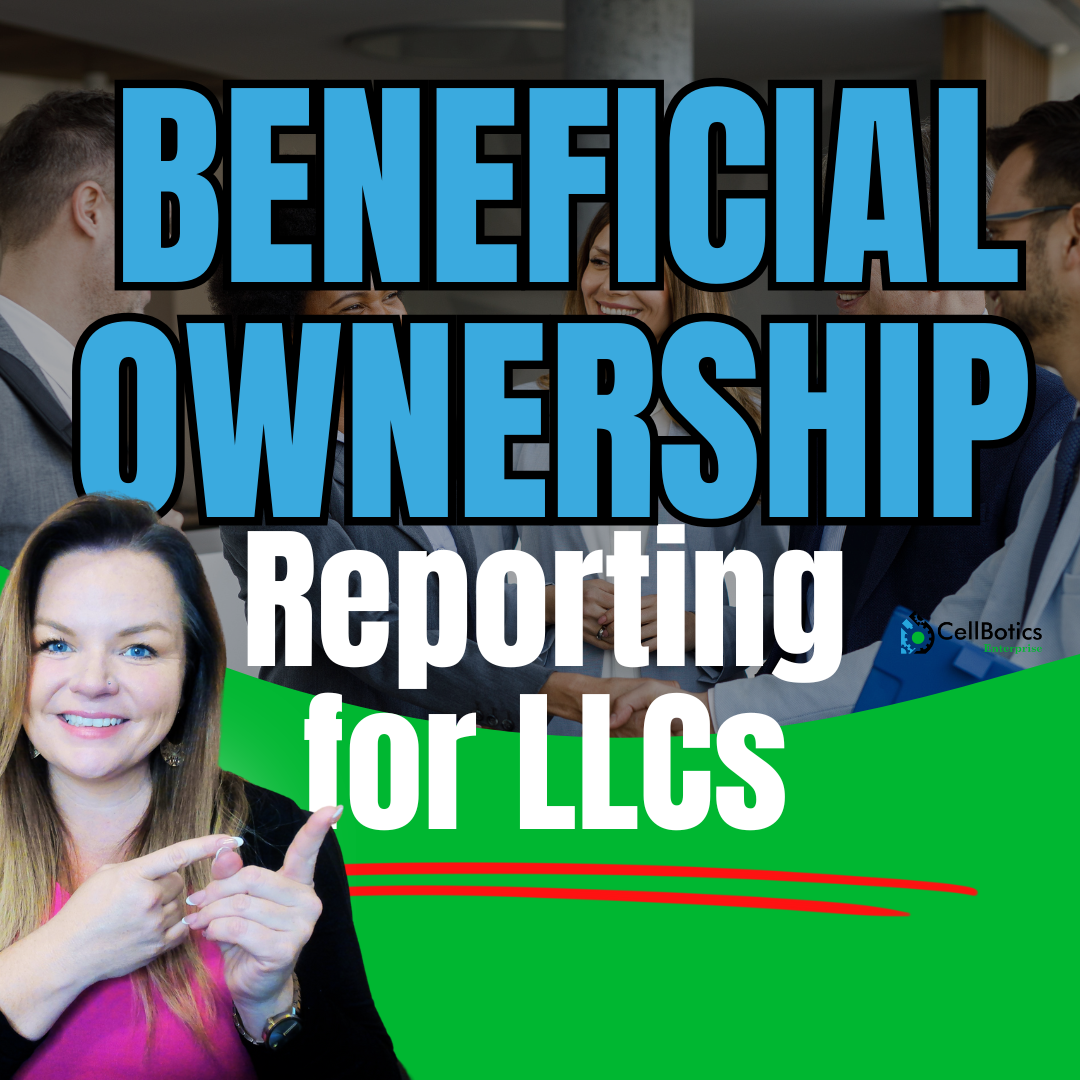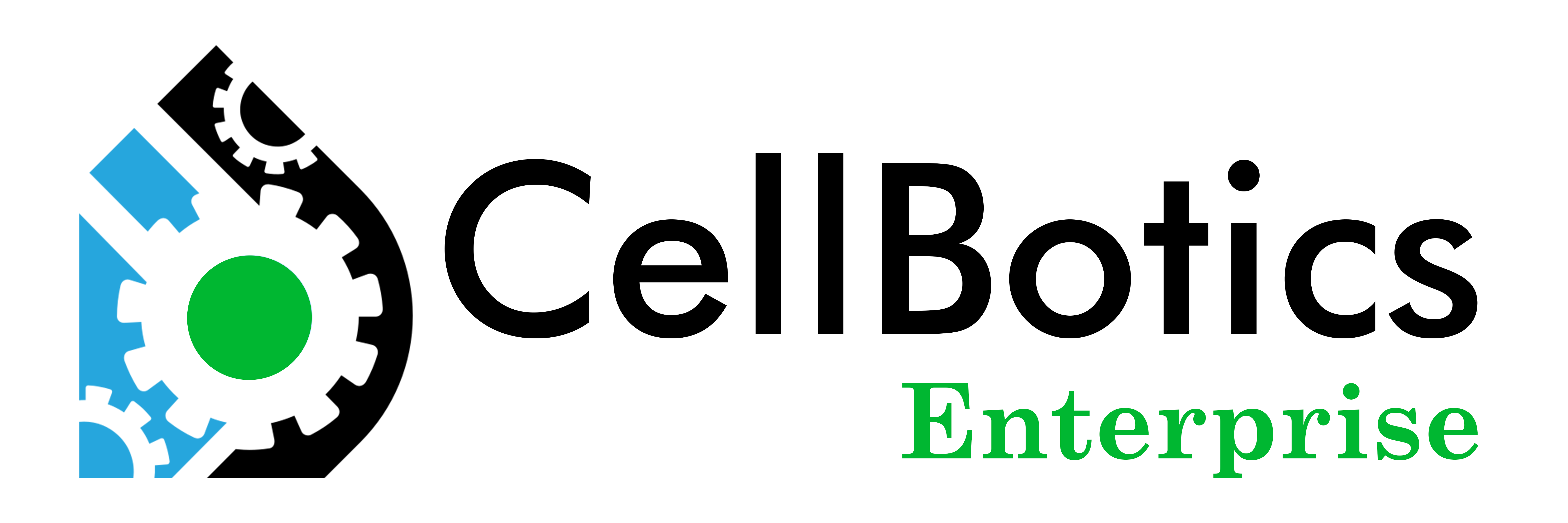Beneficial Ownership Reporting for LLCs

Beneficial Ownership Reporting for LLCs
[lwptoc]
Read Nicole’s original articles and others like it on Linkedin or subscribe to her FREE Newsletter: OPEN LINKEDIN
The Corporate Transparency Act, which took effect on January 1, 2024, introduced a significant new requirement for many businesses: beneficial ownership reporting. This mandates that certain entities, including LLCs, report information about their beneficial owners to the Financial Crimes Enforcement Network (FinCEN).
What is Beneficial Ownership Information (BOI)?
Beneficial ownership information refers to identifying information about the individuals who directly or indirectly own or control a company.
Why Report Beneficial Ownership?
FinCEN emphasizes the importance of beneficial ownership reporting as part of a broader government effort.
This information is crucial in the fight against financial crime, helping to prevent the use of shell companies for illicit activities.
The reported information is stored securely and only accessible to authorized entities, including:
- US federal agencies involved in national security, intelligence, or law enforcement
- State, local, and Tribal law enforcement with court approval
- Treasury Department officials
- Foreign law enforcement agencies (through a US federal agency request)
- Financial institutions for customer due diligence purposes
- Federal regulators supervising financial institutions
FinCEN published regulations on December 22, 2023, governing access to and protection of this information. The information is stored securely in a non-public database and will only be used for authorized purposes.
Who Needs to File?
The requirement to file a BOI report applies to both domestic and foreign entities registered with a Secretary of State (SOS) or similar office. This includes:
- Corporations (including S corporations)
- LLCs
- Other registered entities
However, there are exemptions. Typically, sole proprietorships, trusts, and general partnerships are not required to file unless they were formally registered with an SOS.
Foreign entities also need to file reports if they are registered with an SOS or similar office under state law.
Filing Deadlines:
Before January 1, 2024: Entities established before this date have until January 1, 2025, to file their initial report.
Between January 1, 2024, and December 31, 2024: Entities created or registered during this period have 90 days to file after receiving confirmation of their formation or registration.
On or After January 1, 2025: Entities established on or after this date have 30 days to file after receiving confirmation of their formation or registration.
FinCEN launched the BOI E-Filing website (https://boiefiling.fincen.gov) on January 1, 2024, for submitting reports electronically.
For more details and updates on the Corporate Transparency Act and BOI reporting, visit FinCEN’s website https://www.fincen.gov/.
Exemptions from Reporting
There are 23 total exemptions from beneficial ownership reporting. One of the most common exemptions is for large operating companies. Below is the table that summarizes the 23 exemptions.
Take note that companies should carefully review the qualifying criteria before concluding that they are exempt.
Information Required
FinCEN’s online filing system lets companies submit BOIRs electronically. If you prefer, you can download a PDF version of the form, fill it out, and then upload it to FinCEN.
Prepare the following from beneficial owners and company applicants (if applicable) before you start:
- Personal Details: Name, date of birth, address, a unique ID number from an accepted government-issued document (like a driver’s license or passport), and the issuing jurisdiction. If the individual has a FinCEN ID, you can use that instead.
- Identification Image: A clear, complete scan or photo of the identification document containing the unique ID number. Acceptable formats are JPG, PNG, or PDF, and the file size should be under 4 MB.
- Web Browser: Make sure you have a compatible web browser ready for filing.
You can download the BOIR PDF Online Quick Reference Guide here: https://boiefiling.fincen.gov/resources/BOIR_E-File_PDF_Quick_Reference_Guide.pdf
For the Beneficial Ownership Information Report (BOIR) Filing Instructions, click here: https://boiefiling.fincen.gov/resources/BOIR_Filing_Instructions.pdf
BOI E-Filing website: https://boiefiling.fincen.gov
Penalties for Non-Compliance
Individuals who willfully violate BOI reporting requirements face penalties. These penalties include:
- Civil Penalties: Up to $500 per day of violation (adjusted annually for inflation).
- Criminal Penalties: Up to two years in prison and a $10,000 fine.
Violations include failing to file reports, submitting false information, or neglecting to update outdated information.
Filing the Report
Filing Your BOI Report Electronically
Starting January 1, 2024, companies must file Beneficial Ownership Information Reports (BOIR) electronically through FinCEN’s BOI E-Filing portal: https://boiefiling.fincen.gov. You have two options for submitting your report:
- Upload a Completed PDF: Download the BOIR form, fill it out offline, and upload the completed PDF.
- Fill Out Online: Complete the BOIR information directly within FinCEN’s online platform.
Important Notes:
- BOIRs CANNOT be submitted by mail or fax.
- You’ll need to provide your name and email address when submitting the report.
- FinCEN will send a confirmation email upon successful submission.
- Submission guides for both methods are available on the E-Filing portal under “Help” to assist you.
Automated Filing (Optional)
For those interested in automating the filing process, FinCEN offers a system-to-system BOI transmission via a secure Application Programming Interface (API). The option is primarily for third-party service providers who help businesses file reports.
Conclusion
Understanding beneficial ownership reporting is essential for LLCs to comply with the Corporate Transparency Act. By understanding the requirements, exemptions, and penalties, businesses can ensure they are in compliance with this important new law.
Thank you for reading my blog,



Recent Comments